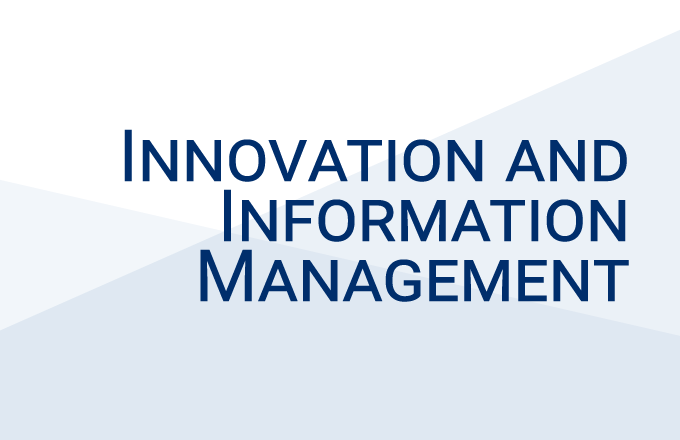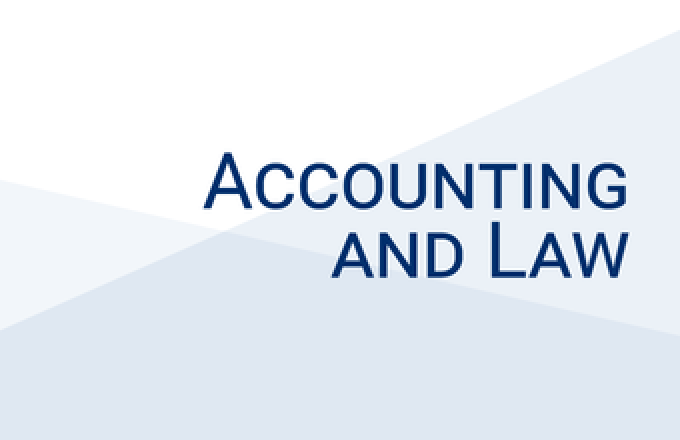Calibrated Coarsening: Designing Information for AI-Assisted Decisions
Ms. Ruru (Juan Ru) HOONG
Ph.D. candidate in Business Economics
Harvard Business School
Artificial intelligence (AI) signals are increasingly deployed as human decision-making aids across many critical applications, but human cognitive biases can prevent them from improving outcomes. We propose calibrated coarsening—partitioning the signal space into fewer cells at chosen thresholds—as a way to improve decision-making outcomes while (i) ensuring humans retain final decision authority, (ii) modifying signals without deception, and (iii) adapting flexibly to various cognitive biases and decision-making contexts. Within an information disclosure framework, we derive an approximately optimal universal coarsened policy for settings where the designer does not observe the decision-maker’s information. We then empirically demonstrate this in the high-stakes context of loan approvals, showing in an incentivised randomised experiment with professional loan specialists that coarsening AI signals at the theory-derived threshold significantly improves decision-making outcomes—outperforming both the humanonly (based solely on the loan application) and uncoarsened AI (assisted with continuous AI risk-score) benchmarks. We uncover substantial decision heterogeneity amongst loan officers, and use a Bayesian hierarchical model to personalise coarsening policies, which can further improve outcomes as past data become available


















